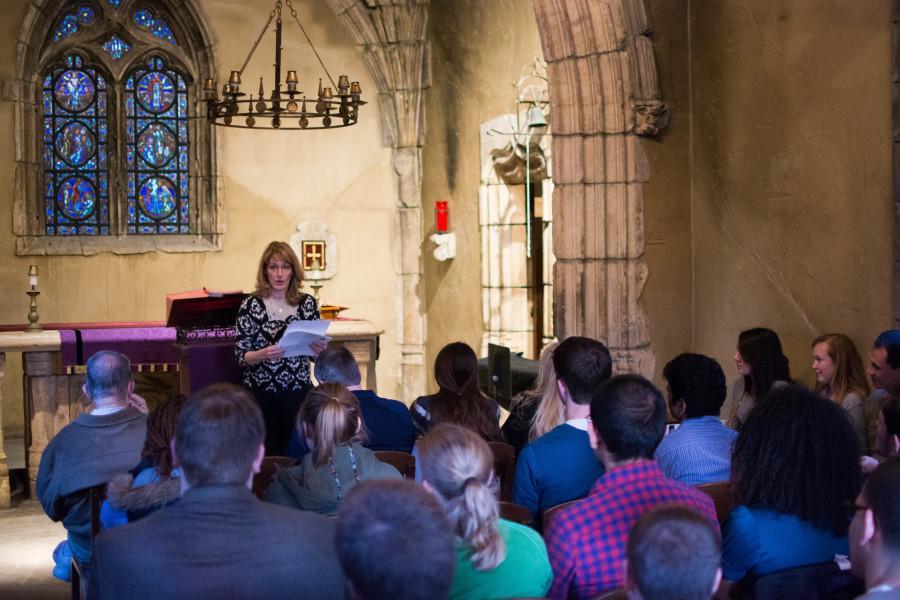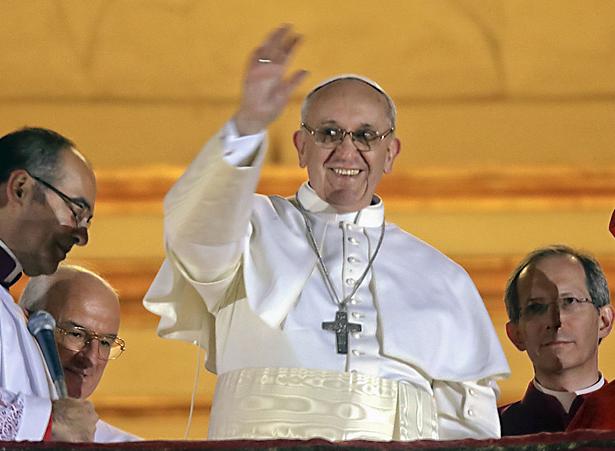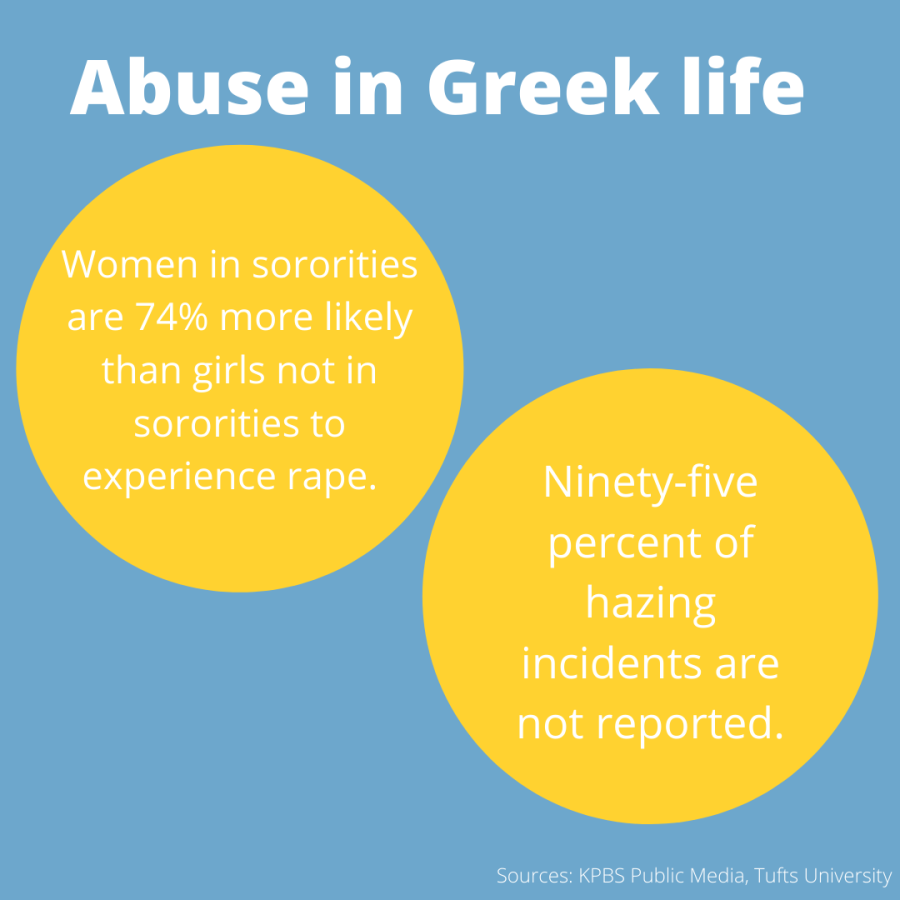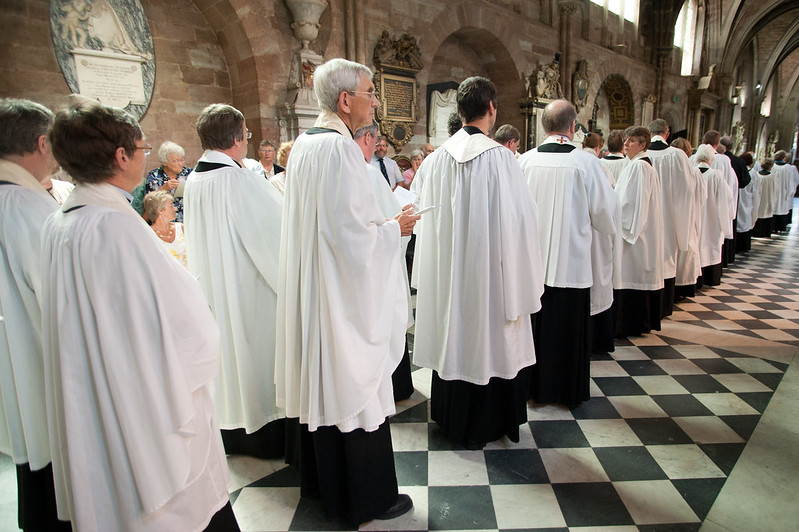Church officials and media alike, hear this: Thou shalt not tell half-truths. In suit with the recent uproar of Vatican and diocesan cover-ups of child molestation cases, the credibility of the Roman Catholic Church is plummeting and the faithful are not so faith-filled anymore.
Both the survivors of abuse and the public deserve to know who knew what and when regarding the allegations of sexual abuse against the late Rev. Lawrence Murphy, who was reported to have molested more than 200 deaf boys for more than 20 years at St. John’s School, just outside Milwaukee.
The canon judge, the Rev. Thomas Brundage, who was to hear the Murphy case in church trial, wrote an open letter distributed to nationwide media accusing news outlets like the New York Times of spreading inaccuracies and revealing a bias against the church. He’s spoken across the country saying he knew nothing about an appeal to the Vatican to end Murphy’s trial and instead opt for restricting his priestly duties because Murphy was in failing health. An April 2 Journal Sentinel story reports that the appeal letter sent by then-Archbishop Rembert Weakland to the Vatican actually appears to have been drafted by Brundage in the first place. With conflicting stories like this, the public doesn’t know who to believe.
There are many questions and arguments between church leaders, critics and the media regarding this case. Accusations of failure, bias, inaccuracies and secrecy are thrown around between all parties, but none of this brings us closer to the truth. We suggest that step one be that the church starts outlining in detail where the knowledge of these abuses flowed since it was first suspected that Murphy had abused children.
From there, we can start holding the proper individuals accountable.
Pope Benedict XVI has apologized for clergy sexual abuse in the past and Bishop Listecki delivered an apology during a homily in Mass last week. But Listecki then fell back on blaming the media for provoking controversy and advancing an agenda.
Church leaders keep passing off the blame, so it’s no wonder why people are becoming more critical and losing trust. Until individuals responsible for allowing the abuse to continue or who failed to enact justice on these horrible priests are identified, the blame has nowhere to go but on the church as a whole.
It may be comforting for families to know that church leaders have acknowledged the terrible suffering that mistakes of the past have caused. But it’s hardly justice, and it doesn’t show us that these mistakes won’t be repeated. Catholics and the rest of the public need the Archdiocese of Milwaukee, Vatican officials and the pope to supply frank answers to questions surrounding sex abuse cases, some of which are now six decades old.
Trouble within the church should not be a hindrance to faith. But it certainly is damaging to trust. The secrecy of the church’s legislation and proceedings, meant to preserve trust in the Catholic church, are in fact what has caused miscommunications and perhaps inaccuracies in the media. A policy of full disclosure is the best thing to restore trust in the church and its leaders.
We constantly call for transparency from the government. It’s time we call for the same transparency from the church.







